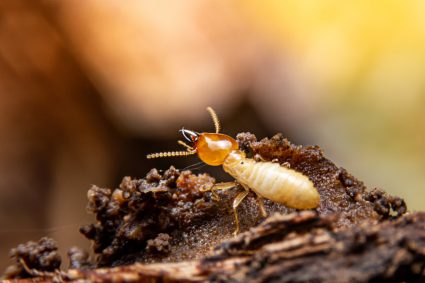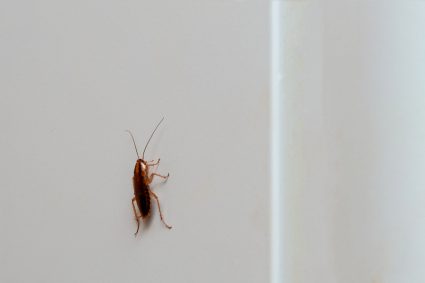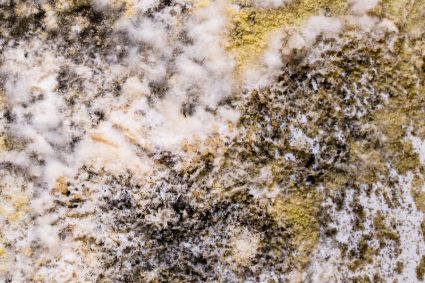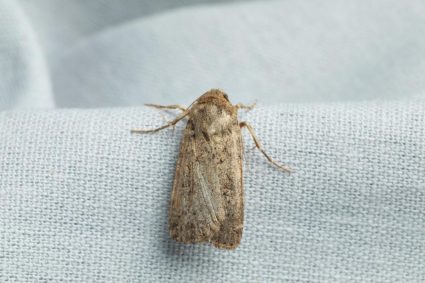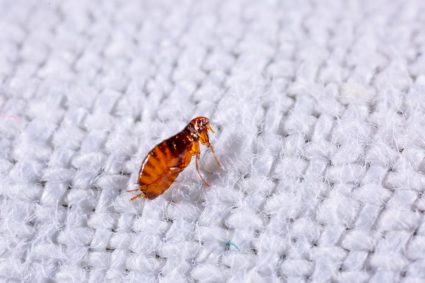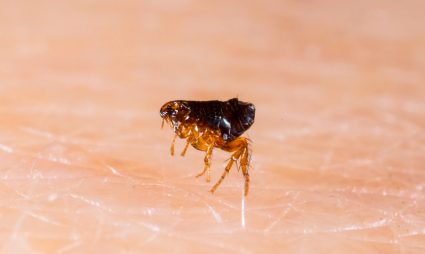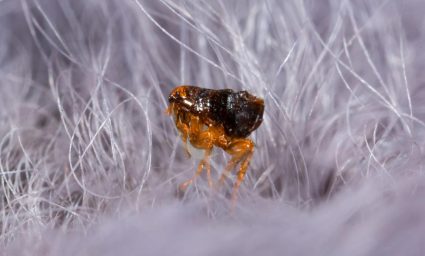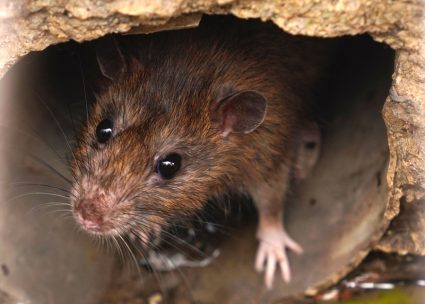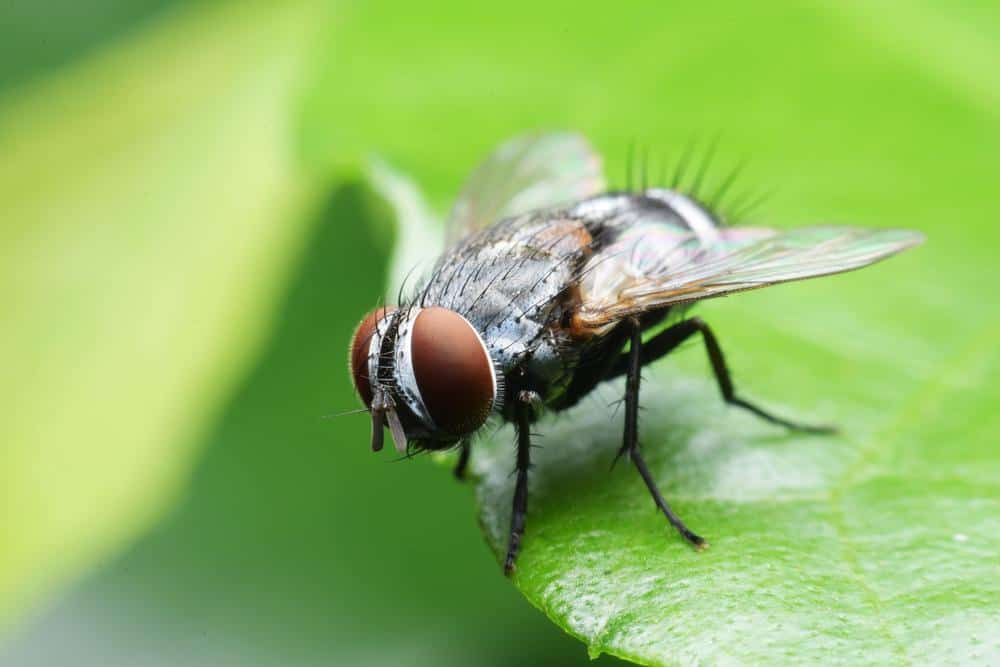
If there’s one thing that can ruin a perfect summer day or a dinner party, it’s the constant buzzing and landing of flies. These pesky insects seem to have a knack for turning up when they’re least wanted. But did you know that there are natural ways to keep them at bay? Various herbs, due to their strong aroma and natural oils, act as excellent fly repellents. In this comprehensive guide, we’re going to delve into the world of herbs that flies hate.
Flies are naturally repelled by several herbs due to their strong aroma and essential oils. Some of the most effective herbs that flies hate include basil, lavender, rosemary, mint, bay leaf, sweet woodruff, tansy, lemon balm, and catnip. These herbs can be planted in areas where you spend time to deter flies.
The Science Behind It
Flies are repelled by certain herbs due to the presence of essential oils and other compounds that are released when the foliage is bruised or moved. These essential oils are unpleasant to flies and deter them from approaching the plants. Some of the herbs that repel flies include basil, lavender, rosemary, and mint.
For example, peppermint oil has been found to be particularly effective in repelling Drosophila suzukii flies, preventing almost all flies from contacting treated wicks and remaining 100% repellent for 6 days post-application, as per a study. Thyme oil is unique because it causes high male mortality and reduces the number of flies that choose to approach it. Lemongrass oil (Cymbopogon citratus) is also an effective repellent against mosquitoes and house flies. Citronella, a constituent of lemongrass, has been reported to be as effective as N,N-diethyl-meta-toluamide (DEET) in repelling stable flies.
Top Herbs That Repel Flies
Here are the top herbs that effectively repel flies:
- Basil: Basil is known for its strong aroma and essential oils that repel flies. It can be planted indoors or outdoors to keep flies away.
- Lavender: Lavender’s pleasant scent is disliked by flies, making it an effective fly repellent. It can be grown both indoors and outdoors.
- Rosemary: This herb’s strong fragrance helps to deter flies and can be planted in gardens or kept in pots near doorways or patios.
- Mint: Mint’s strong scent is unappealing to flies, making it an effective repellent. It can be grown in pots or in the garden.
- Bay Leaf: Bay leaves are known to repel flies naturally due to their strong aroma.
- Sweet Woodruff: This herb is also effective in deterring flies.
- Tansy: Tansy is another herb that can help keep flies away.
- Lemon Balm: Lemon balm is easy to grow and can be used as a companion plant to repel flies and other insects.
- Catnip: Catnip is known to repel flies and can be grown in gardens or pots.
Using Herbs for Maximum Effect
To optimally use herbs for maximum fly repelling effect, consider the following tips:
- Plant fly repellent herbs near areas where you spend time, such as just outside the door, on decks or patios, or inside on the kitchen window.
- Bruise or move the foliage of these herbs to release their essential oils, which repel flies.
- Use dried herbs as an alternative, as they also work well in repelling flies.
- Create bouquets of fly-repelling herbs like lavender and hang them around your home to deter flies.
- Crush the leaves of herbs like basil and rub them on your skin for instant protection from flies.
- Grow herbs in movable pots, allowing you to keep them near doorways, on patios, or wherever you spend a lot of time.
Other Benefits of These Herbs
Apart from repelling flies, these herbs often have other benefits, such as being drought-resistant, easy to grow, and having culinary or medicinal uses. For instance, basil is a popular culinary herb used in various dishes. Lavender is used in aromatherapy for its calming and relaxing effects. Rosemary is a popular culinary herb used in various dishes and has potential health benefits, such as improving digestion and memory.
Precautions
While these herbs are generally safe and natural ways to repel flies, they could be harmful to beneficial insects or pets. For instance, borage is toxic to dogs, cats, and horses, causing vomiting, diarrhea, and dermatitis. If you suspect your pet has ingested a toxic herb, contact your veterinarian immediately.
Conclusion
Flies can be a nuisance, but with the right herbs, you can keep them away naturally. By understanding what herbs flies hate, you can create a more enjoyable and fly-free environment. Remember to regularly care for your herbs by providing them with adequate sunlight, water, and nutrients to ensure their fly-repelling properties remain effective.
Frequently Asked Questions
Are there any other essential oils that can repel flies?
Yes, other essential oils that can effectively repel flies include citronella, eucalyptus, pennyroyal, and lemongrass.
Can these herbs repel other types of insects as well?
Yes, many of these herbs can repel other insects as well. For instance, basil can repel mosquitoes and aphids, lavender can deter moths and fleas, rosemary can keep away mosquitoes and cabbage moths, and mint can deter ants and spiders.
How often should I bruise or move the foliage of these herbs to release their essential oils?
You should bruise or move the foliage of these herbs whenever you notice flies around. However, be careful not to damage the plant.
Can I use these herbs to repel flies from my pets?
Yes, you can use these herbs to repel flies from your pets. However, ensure that your pets do not ingest these herbs as some can be toxic to them. Always consult with your veterinarian before using any new treatments on your pets.
Do these herbs need a specific type of soil to grow?
Most herbs prefer well-drained soil and a sunny location. However, the specific soil type can vary depending on the herb. Always check the specific growing requirements for each herb.

